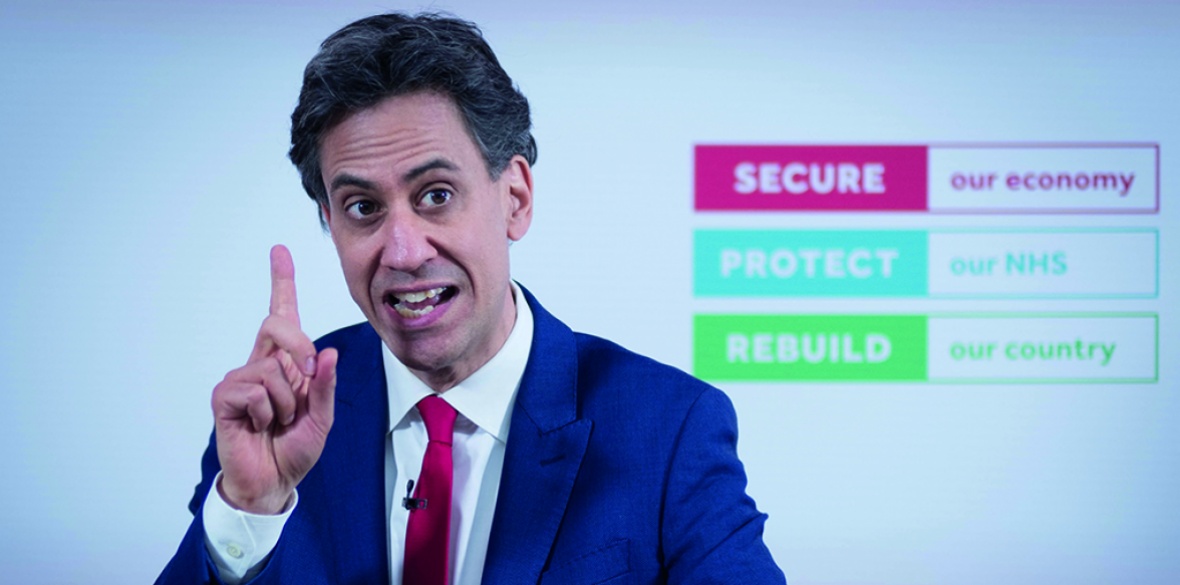This is the last article you can read this month
You can read more article this month
You can read more articles this month
Sorry your limit is up for this month
Reset on:
Please help support the Morning Star by subscribing here
IN the run-up to Labour’s conference there is some subtle scene shifting going on. The TUC vote in solidarity with the Palestinian people is a convincing demonstration that in the trade union movement and among the progressive and politically conscious element in Labour’s ground army, opinion is substantially different to the Westminster consensus.
Nothing surprising about this. The gap between what most working people think and the values that much of Westminster Labour hold has been obscured by the right-wing coup that captured the party leadership — but it constantly finds ways of expressing itself.
The TUC has ended with a clear sense that the questions of democracy and workers’ rights are bound up with each other and that these are integrally linked to a radical programme for social and economic justice.
It was precisely this combination of a clear moral stance on the 21st-century capitalist inequities, exploitations and oppressions with a clear programme for radical government that animated Labour’s electors over the last years.
We saw the opening salvoes of this in the positive swell of opinion that greeted Ed Miliband’s leadership of the Labour Party when he took a strong position on the need to rein in the super-profiteering antics of the big energy monopolies.
We can see the popularity of his stance in defence of Palestinian rights, and the resistance this engendered in the political Establishment, as an early showing of the assault that Jeremy Corbyn’s leadership had to endure. It is due to Miliband’s stand that Britain avoided entanglement in the Tory drive to war with Syria, which had a strong strain of support among Labour MPs.
Miliband has emerged as a tribune for that tendency among Labour MPs and in the membership that sees real dangers in the unchecked collapse into a centrism which fears to differentiate itself from ruling-class opinion on the main economic and foreign policy issues as a recipe for political invisibility.
Even beyond the Labour left, the gaping hole in Labour’s policy portfolio has become an issue of concern.
Hence, even Starmer’s advisers think it necessary for the Labour leader to begin to put some flesh on the bare bones of the party’s electoral pitch.
Miliband told BBC Newsnight that the Labour Party is still committed to common ownership of key utility sectors of the economy.
And he name checked Starmer to assert the leader himself had said the party was in favour of common ownership.
“Wait for the conference,” he said, and added, “Keir Starmer said in his leadership campaign he was in favour of public ownership in those areas. We haven’t changed that commitment.”
The commitment is to common ownership of energy, water and transport.
If Labour in government can be held to this, big business will take a big hit on its profits.
Miliband puts the question as an essential element in a wider economic strategy.
“Let me just explain this to you,” he said, “Because in particular, in relation to natural monopolies, if we’re going to make this green transition, then public ownership is the right way to go. We don’t resile from those commitments.”
Good stuff and a worthwhile first step. Energy, water and transport are natural monopolies which common sense dictates should be collectively owned.
But monopoly capitalism is a system that will resist and subvert every challenge to its power.
Labour challenging for government will need a working-class movement armed with renewed trade union rights and a strong and united left, if the power of the capitalist class is to be overcome and ownership vested in the people.











